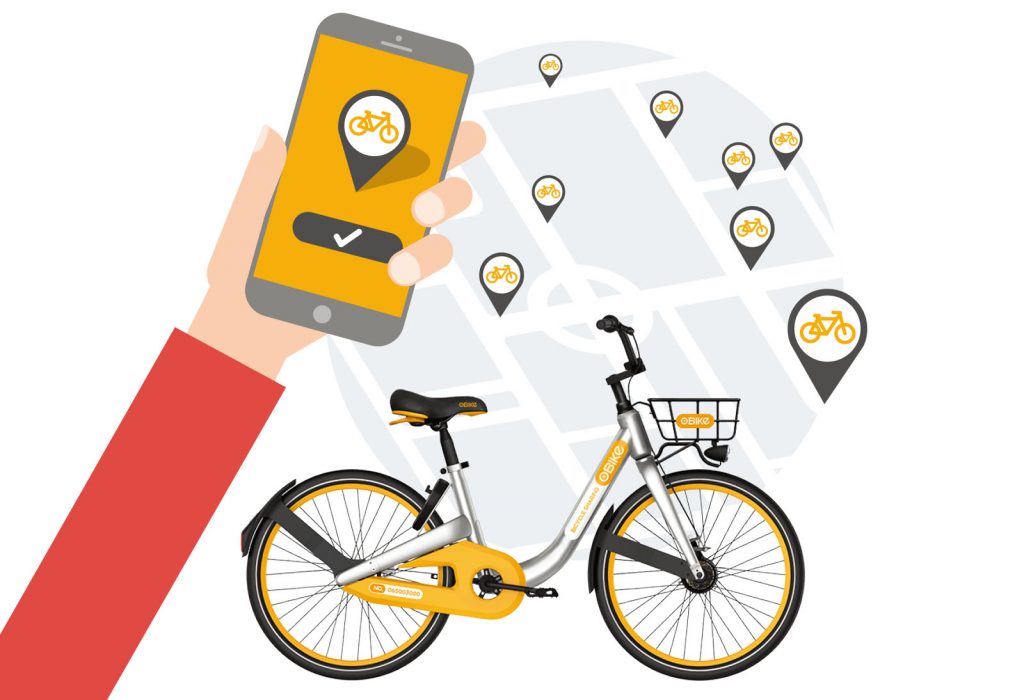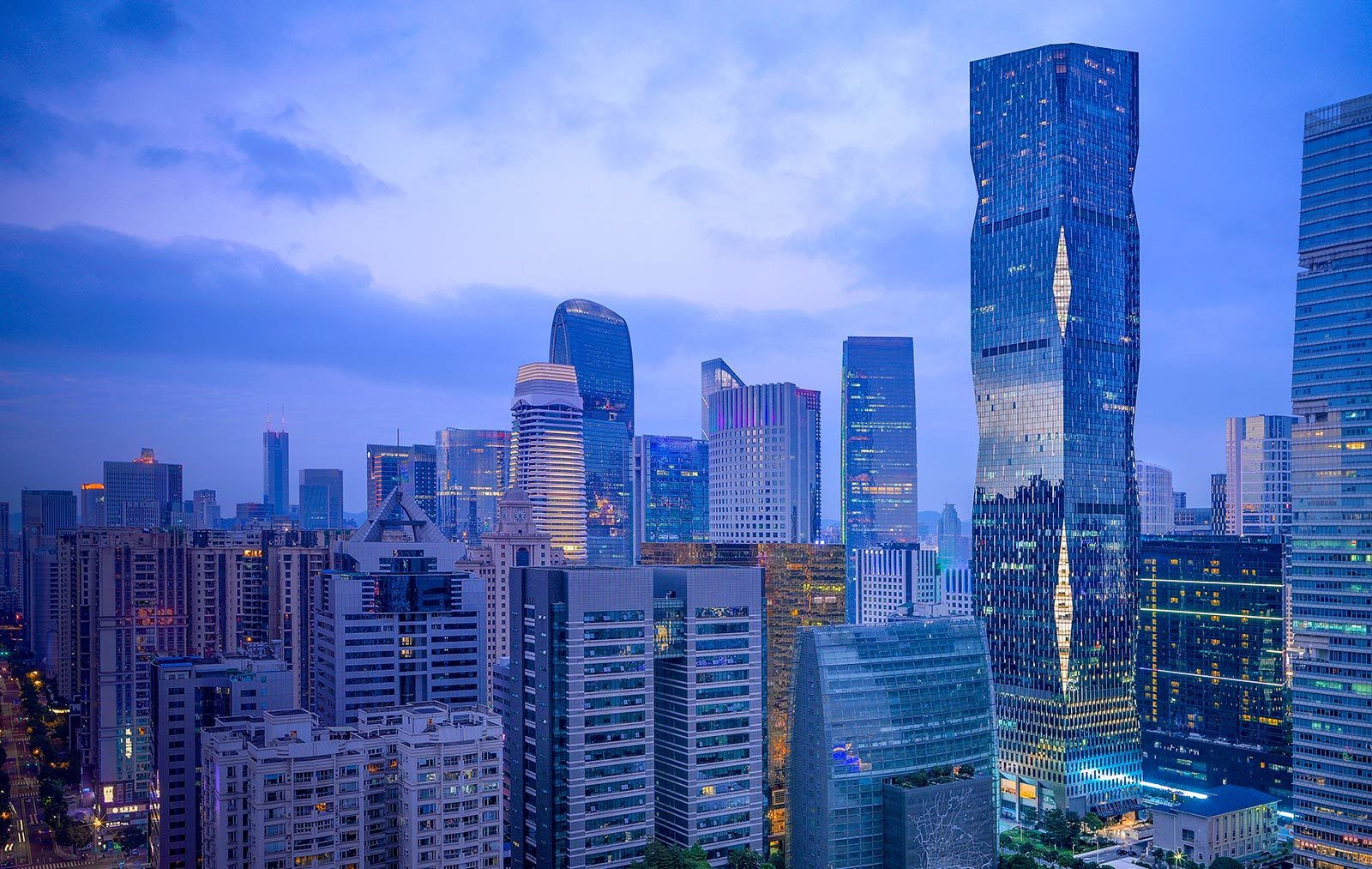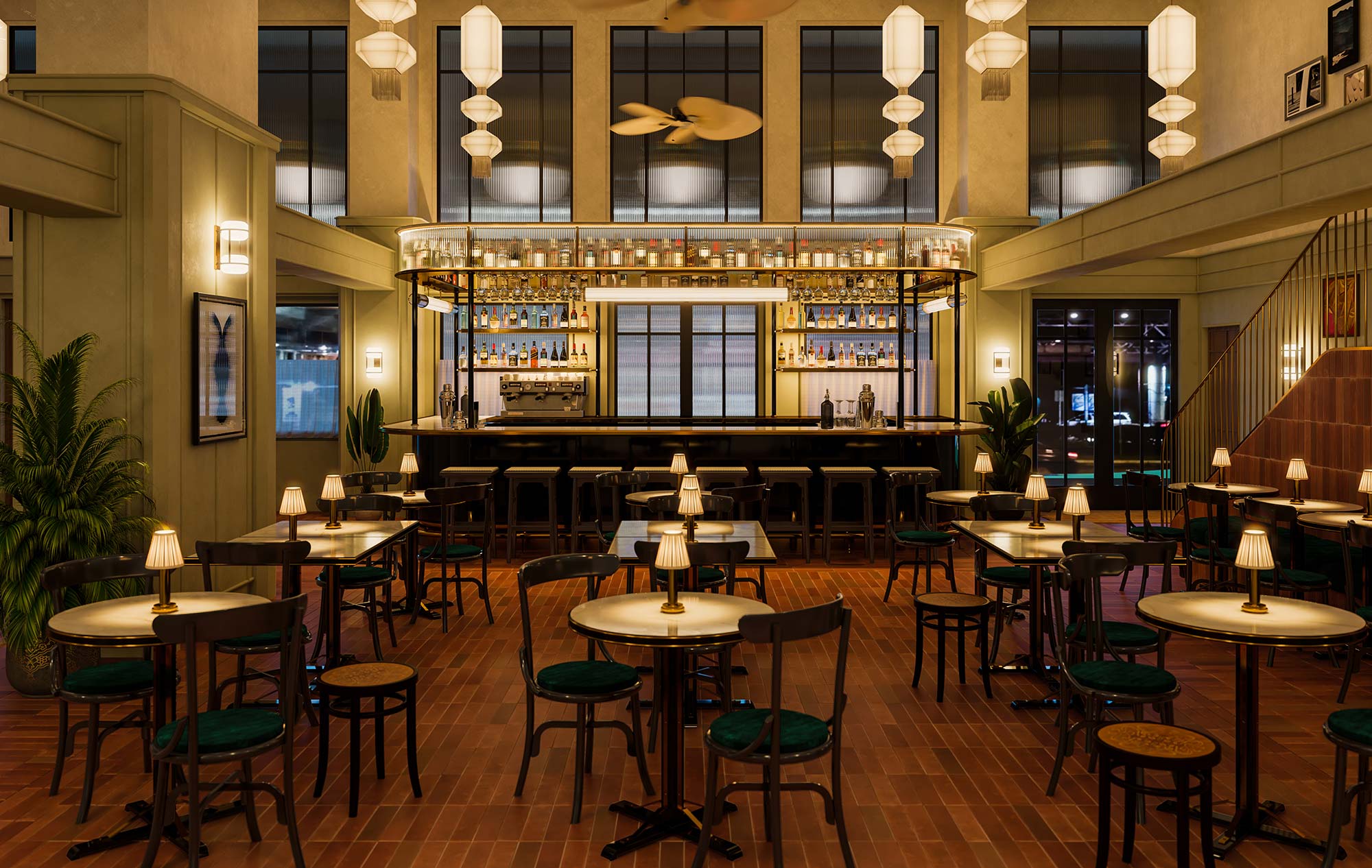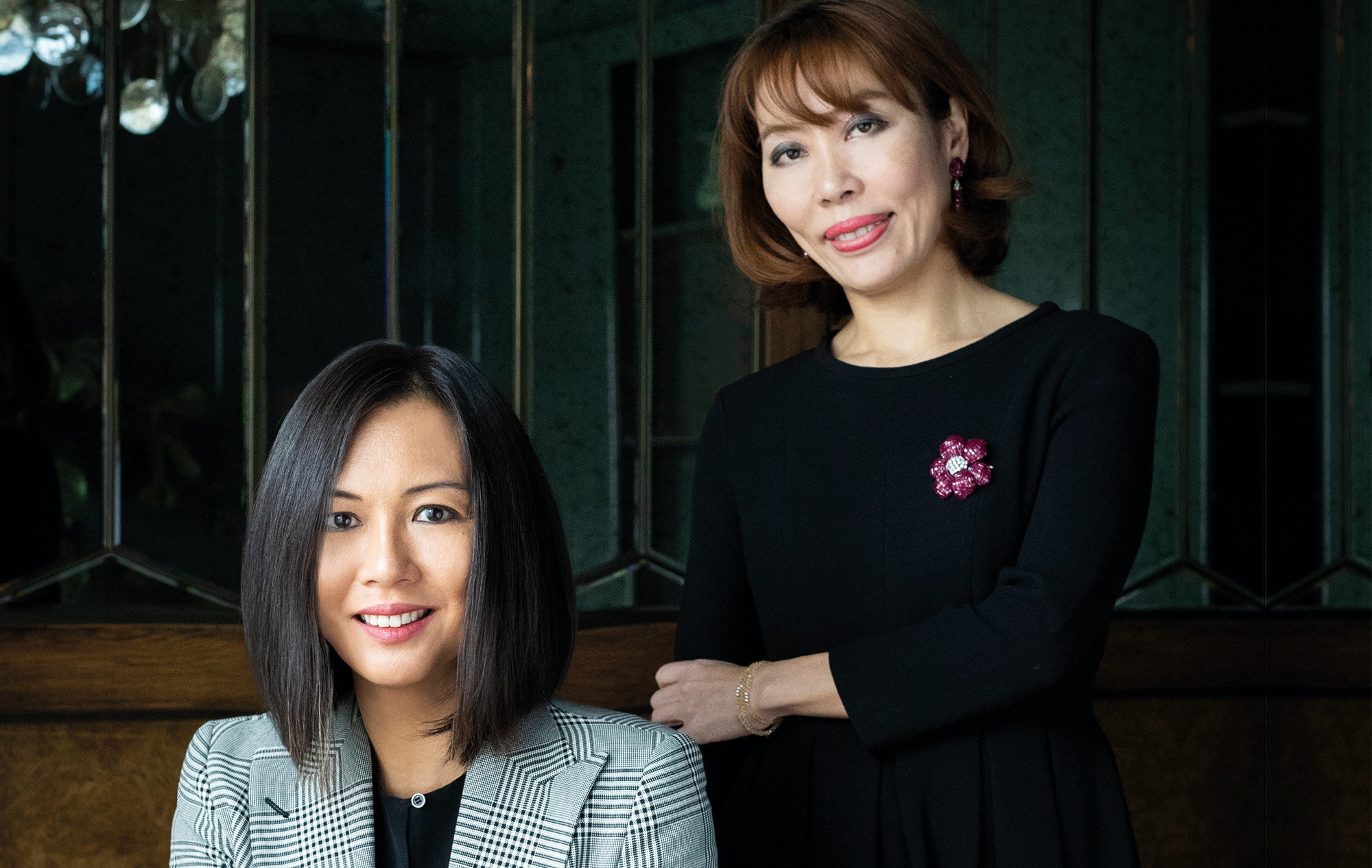With its highly developed infrastructure and abundance of funding, talent and government support, Singapore offers arguably the most sophisticated ecosystem for startups in Asia. Ranked 12th in the world by US-based Startup Genome in its 2017 Startup Ecosystem Ranking (not surprisingly Silicon Valley came in first), Singapore is currently home to an estimated 2,400 tech startups with an ecosystem value of US$11 billion.
Much of this success can be attributed to the Singapore government, which has positioned the city-state as an attractive location for startups by offering a raft of funding initiatives, tax incentives and support programmes over the past decade. These include the Spring Startup Enterprise Development Scheme, which recently committed S$100 million (HK$580 million) to co-fund high-potential startups, and the Early Stage Venture Fund, which matches selected venture capital investments in early-stage tech startups up to a maximum of S$10 million.
In addition, there are a number of government-backed organisations and accelerators that offer mentorship, support and access to funding for fledgling entrepreneurs, such as the Action Community for Entrepreneurship, SGInnovate and Startup SG, while the government continues to roll out new initiatives to promote innovation, such as the recently launched SMEs Go Digital programme and SME Digital Tech Hub, which connect small and medium enterprises to tech consultants and help them adopt technologies such as digital payment systems, cybersecurity and data analytics.
Measures such as these have helped Singapore spawn a string of high-profile startup success stories in recent years, particularly in e-commerce, electronic payment solutions and sharing-economy innovations. Thanks to its light regulation, the city has also been a hotbed of cryptocurrency initial coin offerings (ICOs) and token raises; TenX, for example, raised US$80 million in one day this June.

The People:
Maximilian Bittner
The CEO and founder of e-commerce juggernaut Lazada – often called the ‘Amazon of Southeast Asia’ – Maximilian Bittner is the driving force behind the region’s fastest growing online department store. Since launching in Singapore in 2012, Lazada has expanded its operations into Indonesia, Malaysia, the Philippines, Thailand and Vietnam, selling everything from electronics and homewares to fashion, toys and sporting equipment, and Bittner has his sights set firmly on further growth.
Winner of the Asia Disruptor of the Year Award at CNBC Asia’s Asian Business Leaders Awards in November 2016, Bittner holds a degrees in history and economics from University College London and an MBA from Northwestern University’s Kellogg School of Management in Chicago, and earned his stripes working as an analyst for Morgan Stanley in London and at McKinsey & Company
in Germany before joining with German-based online venture builder Rocket Internet to launch Lazada in March 2012.
Lazada’s success, as Bittner explained at the Tech in Asia Singapore conference in May 2017, is built on the company’s ability to ‘bridge the gap between the opportunity of e-commerce and the opportunity [and] complexity of the fragmented region,’ offering brands easy entry to the Southeast Asian market.
The defining moment for Lazada – and perhaps Bittner too – is likely to be how it responds to Amazon’s arrival in Southeast Asia. Ahead of the launch of Amazon’s Prime Now service in Singapore in July, Lazada announced in June that Alibaba was investing an additional US$1 billion, taking its total investment in Lazada past US$2 billion for an 83 percent share in the company. Singapore, it seems, is where the battle of the e-commerce behemoths will commence.

The Product: oBike
Having launched in January 2017, Singapore-based bike-sharing platform oBike has wasted little time in expanding its operations across the world. Like China’s Mobike and Ofo bike-sharing services, oBike’s cycles don’t need to be picked up or deposited at predetermined docking stations; instead, thanks to a built-in lock and GPS system, they can be left at any public bike-parking area, with users able to find the nearest one via a smartphone app.
To gain access to any oBike in the city, users need to download the app and pay a deposit. They can then reserve a bike using the app, after which they have 10 minutes to unlock the bike using a QR code. Rental fees are charged automatically to the user’s account in 15-minute blocks until the bike is parked and locked.
The system has not been without its problems, however, and oBike has had to deal with issues caused by users parking the bikes illegally, vandalising them or losing them entirely. The company has addressed this by introducing a credit system that penalises users financially for bad behaviour and rewards good behaviour, meaning that those who abuse the system pay up to 100 times more than those who follow the rules.
Since taking Singapore by storm, oBike has launched in Malaysia, Australia, the UK, the Netherlands, Switzerland, Taiwan, South Korea, Germany, Austria, Thailand and Belgium. The company secured a whopping US$45 million in funding in August to bankroll its further expansion plans.
What to watch
Easy come, easy go
Consumer-to-consumer marketplace Carousell is one of Singapore’s most successful startups, offering a mobile-based platform for users to sell secondhand goods à la eBay. At last count, Carousell had more than 65 million listings.
Into the ether
Cryptocurrency payment system TenX made a huge splash earlier this year when it raised about US$80 million in one day through a token exchange using the cryptocurrency Ether. The company offers an e-wallet and card that allow users to spend cryptocurrencies more easily.
Out with the bad
One of the 10 best-funded startups in Singapore over the past year, EndoMaster aims to be the first company to commercialise a robot that can remove gastrointestinal tumours without incisions. The product is scheduled for launch in late 2018.
Cathay Pacific flies to Singapore from Hong Kong 63 times a week














